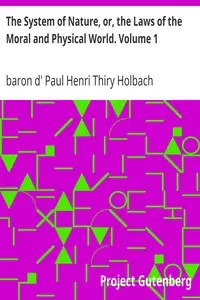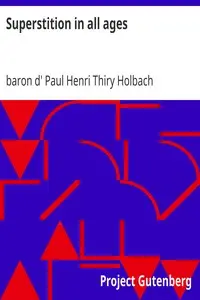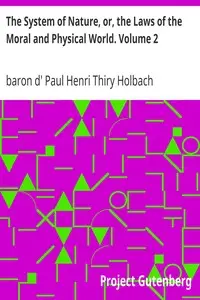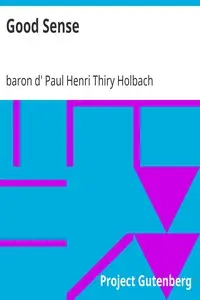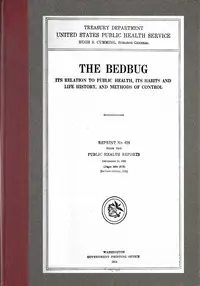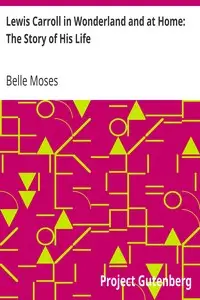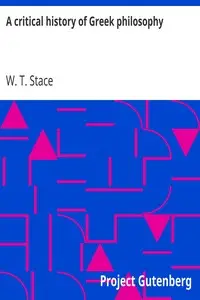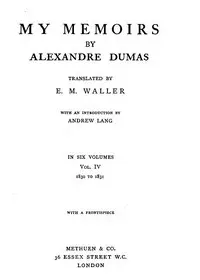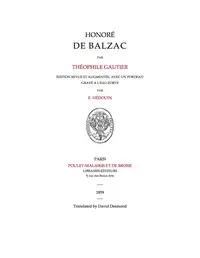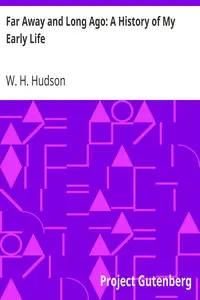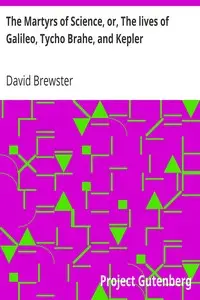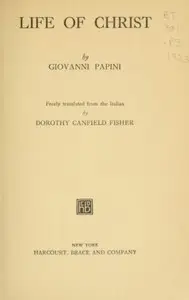"Ecce Homo! Or, A Critical Inquiry into the History of Jesus of Nazareth" by Holbach is a critical examination of the life and teachings of Jesus Christ, likely written in the late 18th century. This work delves into the New Testament gospels, scrutinizing their narratives, inconsistencies, and the supposed miraculous elements surrounding Jesus’s life. Through this critical lens, the author aims to challenge accepted religious beliefs and present a rational analysis of Jesus as a historical figure. The opening portion of the text outlines Holbach's perspective on the complexities and contradictions within the gospel accounts of Jesus's life. He argues that many individuals who profess Christianity possess a superficial understanding of their faith, rarely scrutinizing the historical claims that shape their beliefs. Holbach further asserts that the gospels, meant to convey divine truths, are often muddled and confusing. He intends to assess Jesus's conduct and the dogmas of Christianity through a rational inquiry, questioning the authenticity of prophetic claims and the misinterpretation of scriptures throughout history. The author sets the tone for a discourse that challenges established religious conventions and encourages critical thought regarding the origins of Christian belief. (This is an automatically generated summary.)
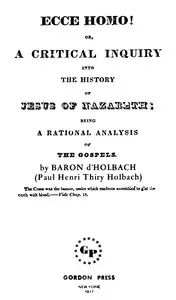
Ecce Homo! Or, A Critical Inquiry into the History of Jesus of Nazareth Being a Rational Analysis of the Gospels
By Paul Henri Thiry Holbach
"Ecce Homo! Or, A Critical Inquiry into the History of Jesus of Nazareth" by Holbach is a critical examination of the life and teachings of Jesus Chri...
Paul-Henri Thiry, Baron d'Holbach, known as d'Holbach, was a Franco-German philosopher, encyclopedist and writer, who was a prominent figure in the French Enlightenment. He was born Paul Heinrich Dietrich in Edesheim, near Landau in the Rhenish Palatinate, but lived and worked mainly in Paris, where he kept a salon. He helped in the dissemination of "Protestant and especially German thought", particularly in the field of the sciences, but was best known for his atheism, and for his voluminous writings against religion, the most famous of them being The System of Nature (1770) and The Universal Morality (1776).

